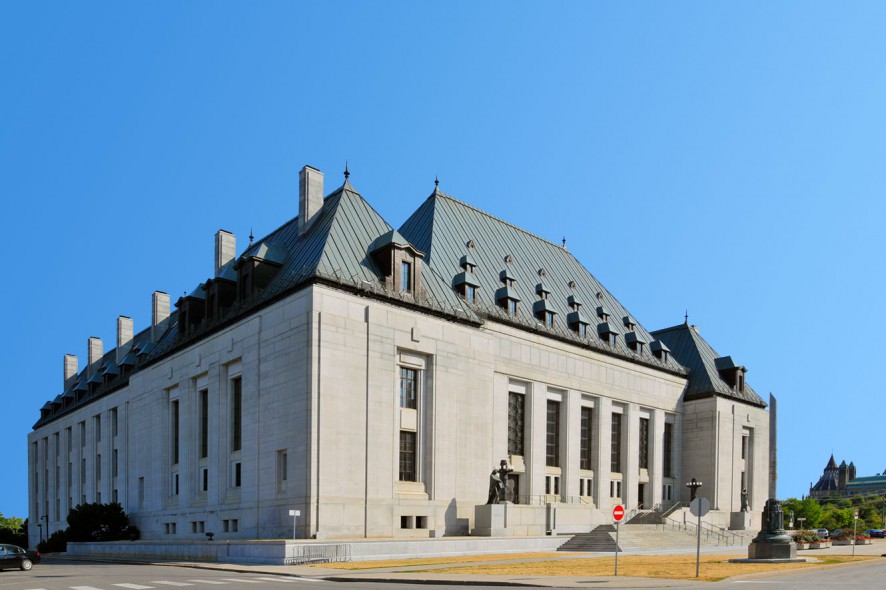Supreme Court of Canada: Determining some vital questions related to election advertising like whether, individuals or organizations who wish to “sponsor election advertising” are required by Election Act RSBC, 1996 to register with Chief Electoral Officer; the meaning of “sponsor” and “election advertising”; and whether individuals engaged in political self-expression come within definition of “sponsor” and need to register, the 7 Judge Bench of the Court headed by McLachlin, C.J., rejected the appeal against the provision of the Election Act RSBC, 1996, which requires people to register before sponsoring political advertising during a provincial election. The Court clarified that Act’s registration requirement does not apply to individuals doing things like wearing political T-shirts or displaying signs on windows.
As per the facts, the British Columbia’s Election Act, R.S.B.C. 1996, c. 106, requires individuals or organizations who wish to “sponsor election advertising” to register with the province’s Chief Electoral Officer. This registration requirement applies to all sponsors of election advertising. In the words of the Bench it was observed that, “Sections 228, 229 and 239 of the Act, read in their grammatical and ordinary sense and harmoniously with the statutory scheme, the object of the Act, and the intention of the legislature, indicate that a ‘sponsor’ required to register is an individual or organization who receives an advertising service from another individual or organization, whether in exchange for payment or without charge. The Court further observed that the individuals who neither pay others for advertising services nor receive advertising services from others without charge are not “sponsors” within the meaning of the Act. [B.C. Freedom of Information and Privacy Association v. British Columbia, 2017 SCC OnLine Can SC 1 : 2017 SCC 6, decided on 26.01.2017]







